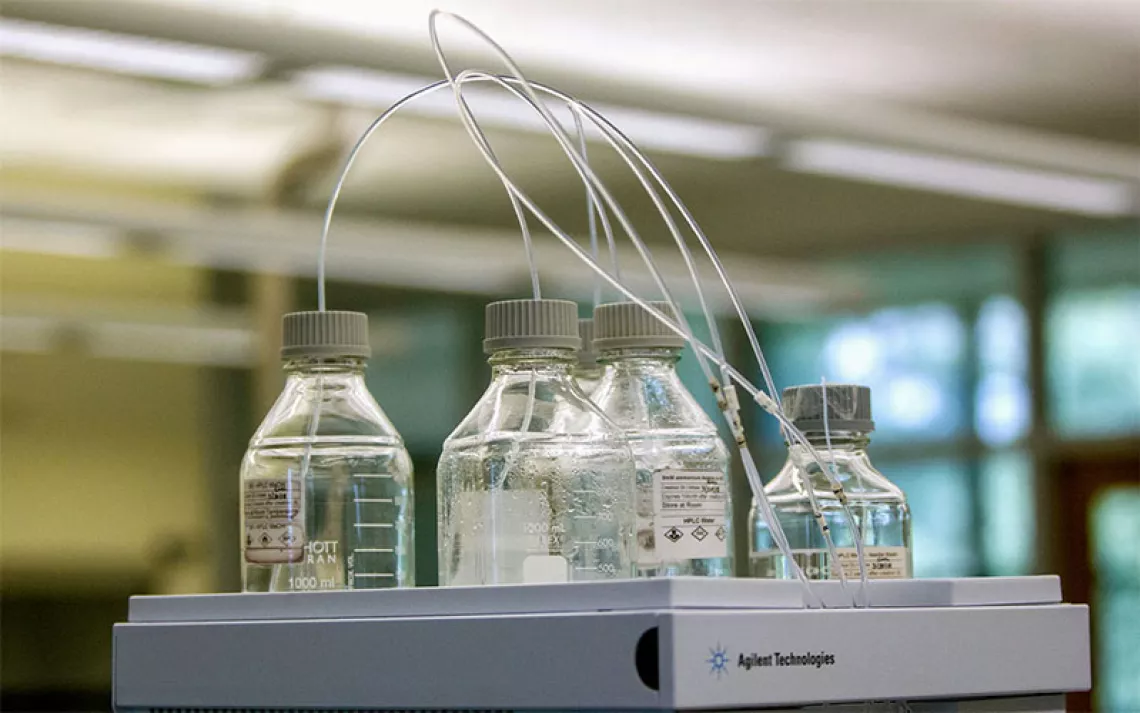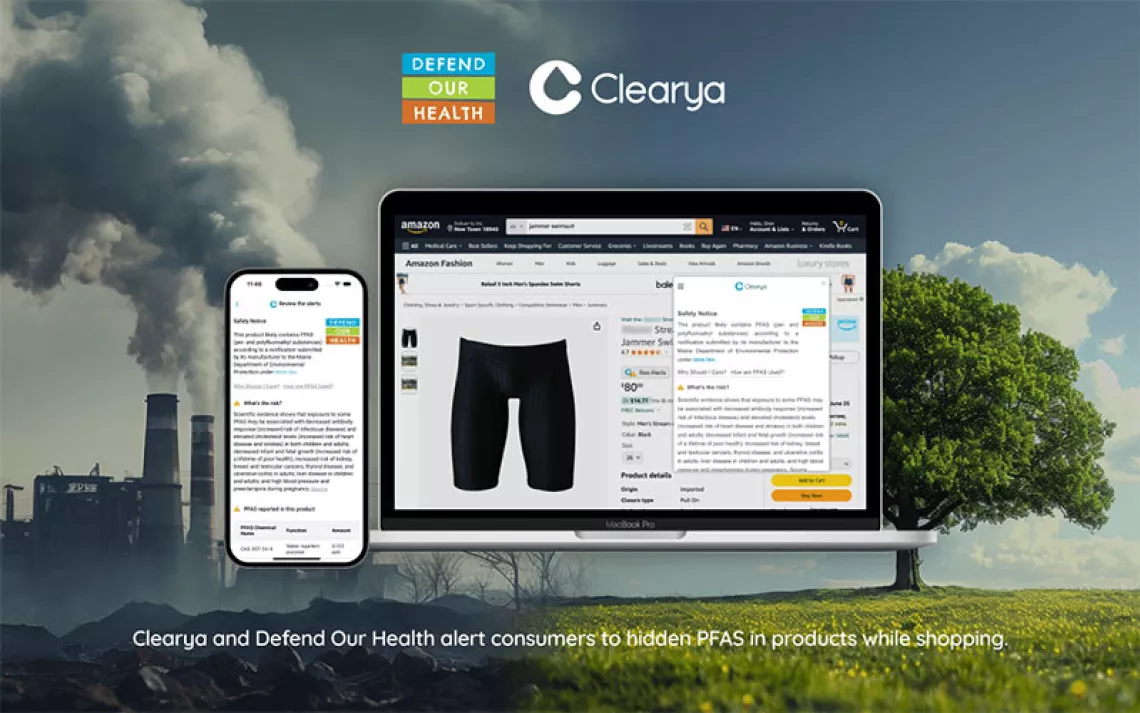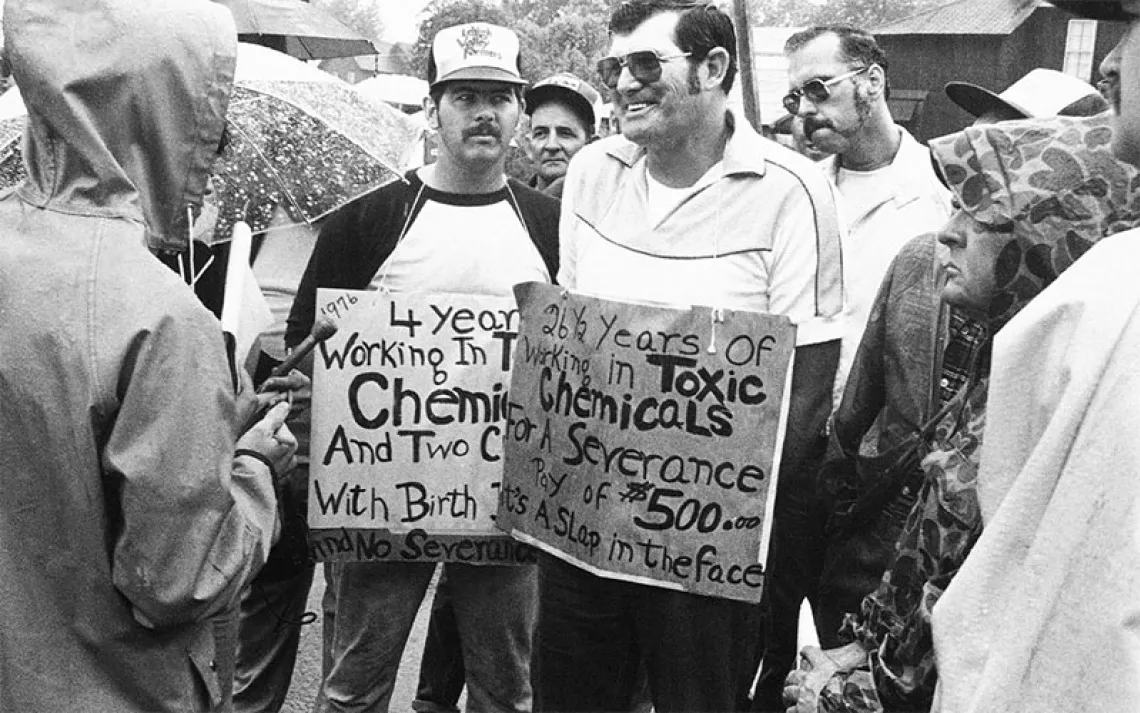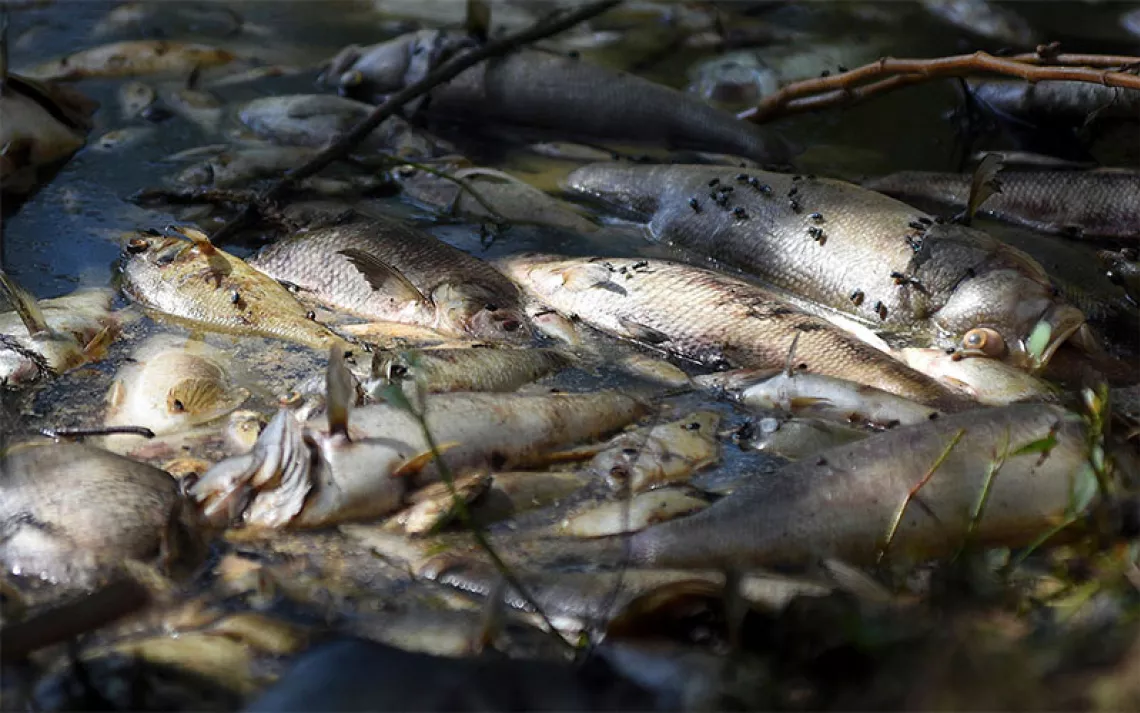How to Get PFAS "Forever Chemicals" Out of Your Diet
The first steps towards a plastic-free kitchen
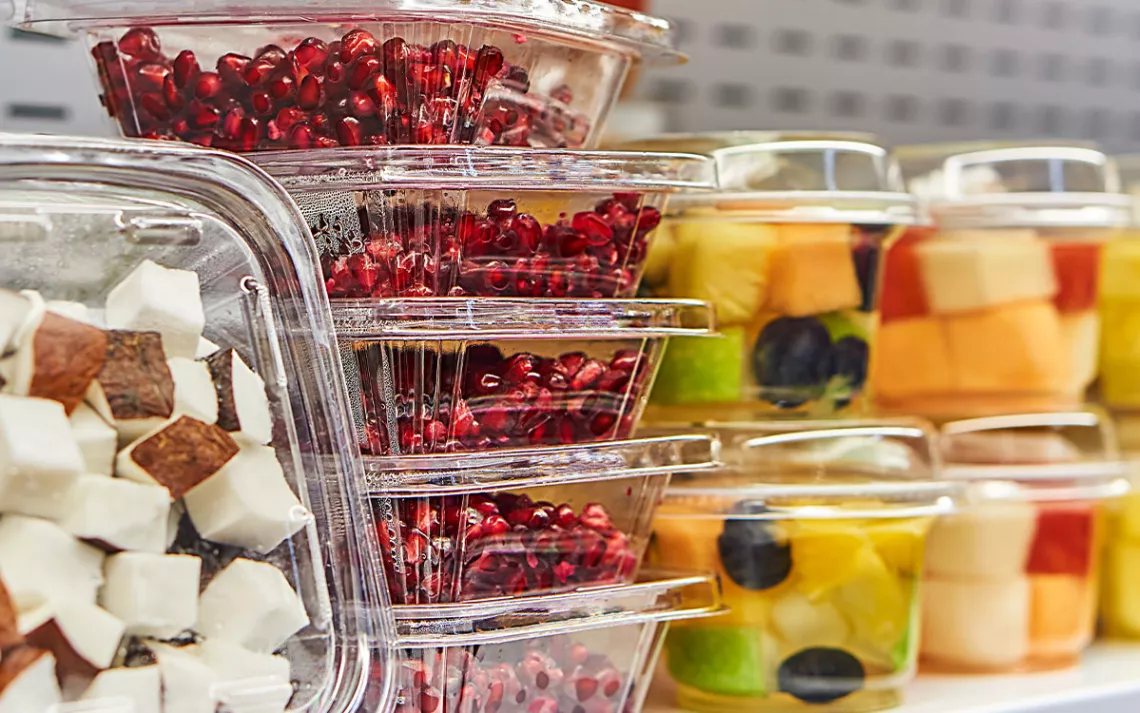
Can you really make your kitchen plastic-free? With a little ingenuity and a lot of flexibility, it’s possible to find substitutes for the plastics that are leaching into our food and bodies and clogging our oceans.
Plastics have been taking over American kitchens since Earl Tupper introduced his plastic storage containers in 1947. Tupperware was the Trojan horse that opened the door to a never-ending stream of plastic kitchenware. It seemed like a good deal at the time—plastics are convenient, cheap, easy to clean, and easier still to throw away without a thought.
But the result is that now many common foods in our kitchens contain high levels of bisphenols and phthalates. Microplastics have been found in lungs, blood, and breast milk. In April, the EPA established national limits on PFAS—per- and polyfluoroalkyl substances commonly known as “forever chemicals”—in our drinking water.
The classic approach of “reduce, reuse, and recycle” doesn’t work so well in the case of kitchen plastics. Very little plastic gets usefully recycled, and there are downsides to reusing the stuff: Studies have shown that reuse and recycling can release more hazardous chemicals. The goal, says Erika Schreder, science director at the environmental health research and advocacy organization Toxic-Free Future, is to reduce our exposure to plastic chemicals.
Let’s start in the kitchen. “I would probably start with food storage,” says Schreder. “It’s one of the easiest changes to make.” Here’s a list to get you going. Pick and choose what works for you. Don’t stress about removing all plastic all at once: Doing something is better than nothing.
Embrace Glass Jars
Remember canning jars? This food-storage hero from the mid-1800s has made a big comeback. Two classic brands are Ball and Weck jars. True, they’re heavier than plastic but will last forever. If you’re not ready for that minor investment, you can clean out old spaghetti-sauce or jam jars to give them a second life. If filling with something hot, pre-warm the jar and fill it on a conductive surface, like a cutting board, to avoid cracking. (If you’re still storing in plastic, Schreder warns, “Always make sure your food is cooled down,” as the heat can cause more chemicals to leach.)
Replace Your Plastic Cutting Board
Swap out a plastic cutting board with one made of wood or bamboo. Do the same with plastic cooking utensils, especially those that are black, which have been found to contain flame retardants.
Skip Plastic Bags
Use mesh bags with a drawstring for all your fresh foods at the grocery store or local farmers' markets. These inexpensive bags can be washed with your laundry too. They won’t last forever, but they’ll last a lot longer than plastic bags with none of their downsides.
Until the industry comes up with a new material to replace plastic wrap, use food-safe beeswax-coated fabric wrap to cover sandwiches, wedges of cheese, cut apples, and all the other remnants you don’t want to toss. The wrap can be used again and again after a quick wash and rinse and a brief hang dry. You can even make your own (here’s how) or you can find them online.
Stop Making Tea With Bags That Use Plastics
Spoiler alert—Tazo, which is owned by Starbucks, uses trace plastic in its seal. According to studies, when plastic tea bags are brewed in hot water, microplastics are released. Many brands use solely paper—Numi tea bags, for example, are plastic free and wrapped in a compostable sleeve. However, the information isn’t printed on the packaging, which means you’ll have to contact each company individually. The safest way around this is to brew loose tea or use a tea ball. Bonus: less waste.
Use Old-School Aluminum Foil
Silicone stash bags, mats, and molds are FDA-approved, but that “doesn’t mean all of the ingredients have been thoroughly reviewed and deemed safe,” says Schreder. Maybe the material isn’t 100 percent silicone, or the colors used to make it cheery are adulterated. Instead, use old-school (and eminently recyclable) aluminum foil, which hasn’t been shown to transfer worrisome chemicals. Schreder, who admits to still using Ziploc (the one plastic bag that doesn’t use PFAS), says, “I would call on the packaging industry to come up with a plastic-free option.”
Reuse Packaging From Meal-Prep Services
Do you use a meal-prep service or shop for food online? Thistle, Misfits Market, Imperfect Foods, and CookUnity are just a few brands across the country that work with Dispatch Goods to collect and reuse packaging—including those icky gel packs that collect like unwanted takeout utensils. If you or your kid are in college, you can find returnable stainless-steel containers from Usefull on campuses around the country.
Get Rid of Hard-to-Recycle Items
Plastic bags, films, pill bottles, and more can be tricky to recycle, but you can make things simpler by joining a service like Ridwell. This service gives its members a convenient metal container for their porch and picks it up from their homes every two weeks.
Randomly, here are some easy swaps:
- Throw your trash out in Bio compostable bags, or Dailygood bags made from 97 percent post-consumer plastic.
- Replace coated baking sheets with all-aluminum ones from Nordic Ware.
- When dining out, bring your own glass or metal containers for leftovers so you don’t add more junk to the waste stream.
- Swap out your plastic SodaStream bottles for glass carafes.
- Replace melamine plastic bowls and plates with ones made from glass, aluminum, or ceramic.
- Stop using parchment paper, which is coated in silicone.
- Stop buying sponges made from plastic. Try versions made from coconut fibers, sheep’s wool, and walnut shells (really!).
- Wash your hands with soap made from cubes that can be dropped into any container and mixed with water. For dishwashing liquid, bring your own bottle to a local zero-waste store and have it refilled.
Until we have regulatory policies that ensure all chemicals are safe, we will still have toxic chemicals in our homes. Focus on a few things here that will improve your life and reduce your exposure. Don’t try to seek perfection, says Schreder, which is “too much onus on the individual, instead of holding the industry and government accountable enough."
 The Magazine of The Sierra Club
The Magazine of The Sierra Club
